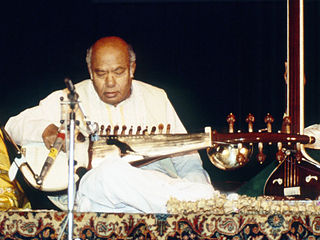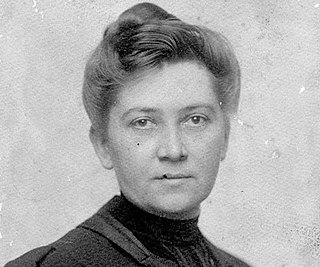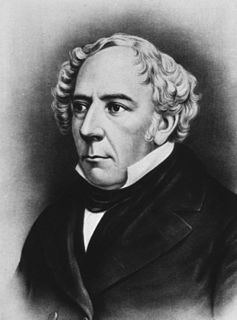A Quote by Paulo Coelho
... keep practicing. After a great deal of practice, we no longer think about all the necessary movements we must make; they become part of our existence. Before reaching that stage, however, you must practice and repeat. And if that's not enough, you must practice and repeat some more.
Related Quotes
Meditation practice is like piano scales, basketball drills, ballroom dance class. Practice requires discipline; it can be tedious; it is necessary. After you have practiced enough, you become more skilled at the art form itself. You do not practice to become a great scale player or drill champion. You practice to become a musician or athlete. Likewise, one does not practice meditation to become a great meditator. We meditate to wake up and live, to become skilled at the art of living.
In Buddhism, both learning and practice are extremely important, and they must go hand in hand. Without knowledge, just to rely on faith, faith, and more faith is good but not sufficient. So the intellectual part must definitely be present. At the same time, strictly intellectual development without faith and practice, is also of no use. It is necessary to combine knowledge born from study with sincere practice in our daily lives. These two must go together.
Never underestimate your players; they can do it with enough game-like practice. Coaches must put more emphasis in practice and in life on making student-athletes aware of what they could or can do, rather than what they couldn't or presently can't do. The focus must be on solutions, not problems; what is wanted, not what is feared.
Knowledge passes from dance teacher into the student through the process of mane, which is often translated as imitation, but learning to dance is more a process of total identification than of simple copying. We repeat the movements of our teachers until we can duplicate them exactly, until, in a sense, we have absorbed the teacher's mastery into ourselves. Artistic technique must be fully integrated into the cells of our bodies if we are to use it to express what is in our hearts, and this takes many years of practice.
I think now happiness is a thing you practice like music until you have skill in striking the right notes on time. We have no vocation for it. And I had no practice, not a day when I was free from care and one great anxiety - and one must be free to be happy. I know that much about it by having missed it.
The challenge of yoga is to go beyond our limits - within reason. We continually expand the frame of the mind by using the canvas of the body. It is as if you were to stretch a canvas more and create a larger surface for a painting. But we must respect the present form of our body. If you pull too much at once, we will rip the canvas. If the practice of today damages the practice of tomorrow, it is not correct practice.





































